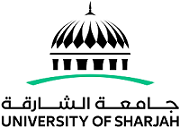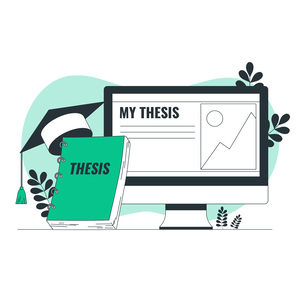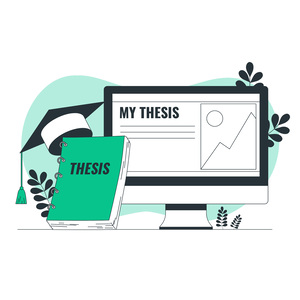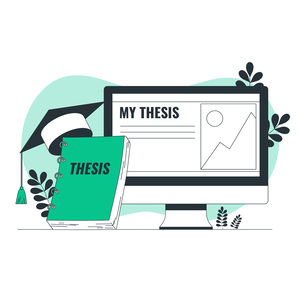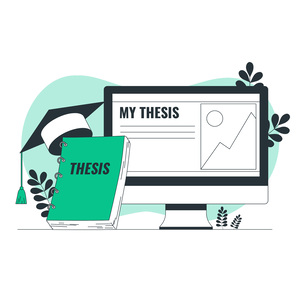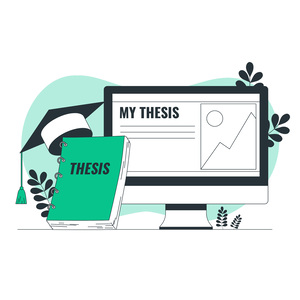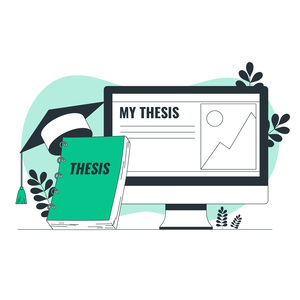Physiotherapy practice for management of patients undergoing upper abdominal surgery in United Arab Emiratesa national survey /
Linked Agent
Alaparthi, Gopala Krishna,, Thesis advisor
Walton, Lori Maria, joint, Thesis advisor
Date Issued
2022
Language
English
Keyword
Thesis Type
Thesis
Abstract
Background: The main goal of physiotherapy post-upper abdominal surgery (UAS) is to expedite recovery from the surgery by avoiding or remediating postoperative pulmonary complications (PPCs) and offering physical rehabilitation to ease the process of returning to premorbid status. The present study aimed to survey physiotherapists in the United Arab Emirates (UAE) about their clinical practice in the assessment and management of patients having upper abdominal surgery. Methods: The current study adopted a novel anonymous online survey to explore the current practice among physiotherapists in the UAE. The Research Ethics Committee approved the study, and a questionnaire was borrowed from a previous study with similar objectives completed in Australia. The questionnaire had 51 questions cutting across 7 sections that investigated the assessment tools and interventions and explored current practice amongst physiotherapists treating patients following abdominal surgery in UAE hospitals. Results: A survey of 42 post-UAS physiotherapy practitioners across the UAE was conducted with a 42% response rate and 57.5% completion rate. The mean age of physiotherapists who were working in the UAE is 35 years, most of whom have more than five years of general ward experience. Most patients were not seen on day zero (day of surgery). Respondents in the UAE are almost universally preferred prescribing deep breathing exercises, incentive spirometry (IS), mobility from the bedside, and education as their primary intervention either "often" or "always" in the consecutive days post UAS. Spo2, visual analog scale, respiratory rate and fatigue are used as key outcome measures. Conclusion: Research work on physiotherapy postoperatively has shown demonstrated prominence of mobilization but is not yet reflected in current practice among physiotherapists caring for post-UAS cohorts in the UAE. The vast difference in the choice of screening tools preferred by physiotherapists in diagnosing high-risk
Note
A thesis submitted in partial fulfillment of the requirements for the degree of Masters of Physiotherapy, Department of Physiotherapy, College of health sciences, University of Sharjah.
Member of
Category
Theses
Library of Congress Classification
WI900 .Z21p 2022
Local Identifier
b14858319
